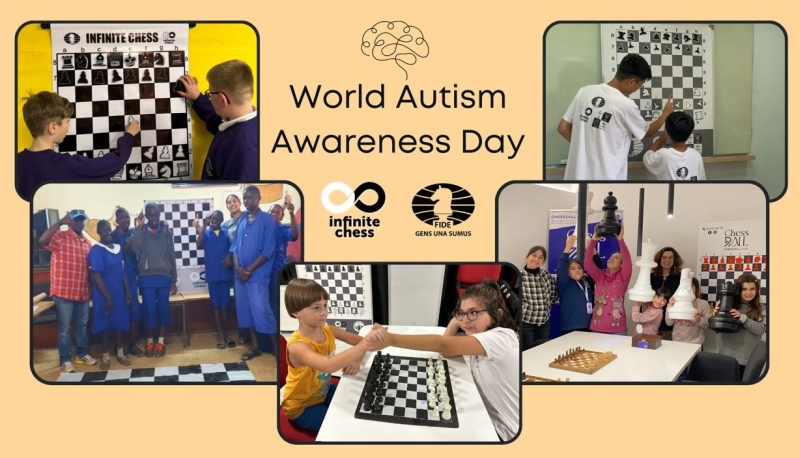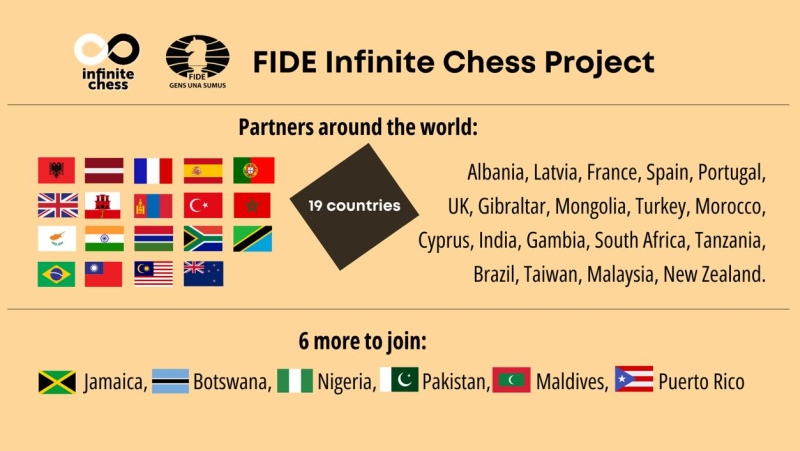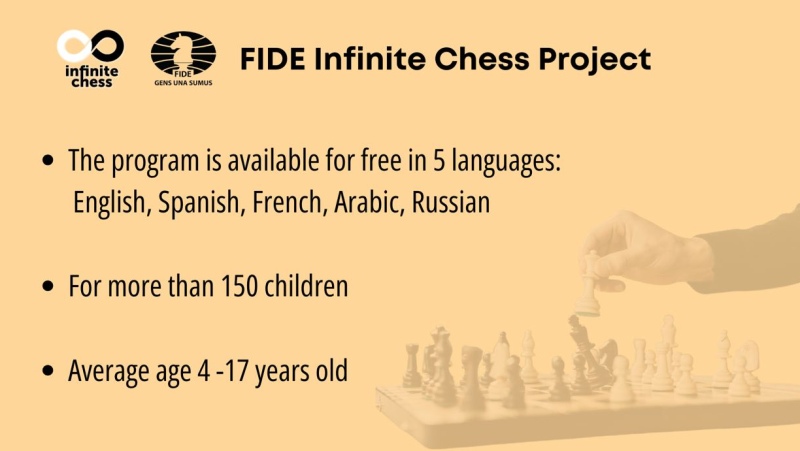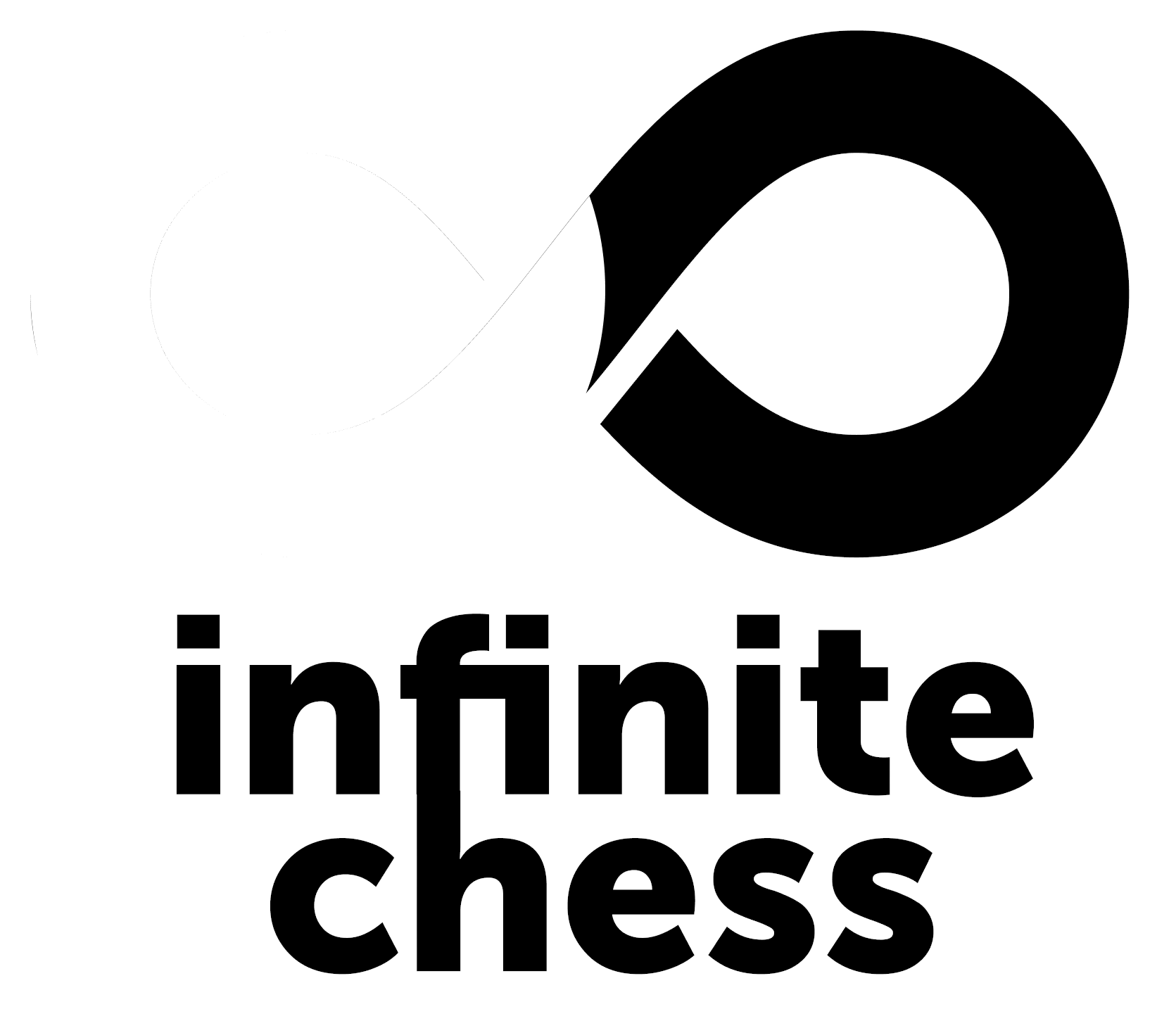
Five years since its launch, the Infinite Chess project has expanded globally, offering valuable insights to the chess community on its potential to enhance the lives of individuals on the autism spectrum
The World Health Organization notes that autism affects one in every 100 children worldwide. In 2007, The United Nations General Assembly established April 2 as World Autism Awareness Day (WAAD) to raise awareness and provide opportunities for people with autism not only to survive but also to prosper. In 2019, FIDE answered the call and launched the Infinite Chess project aiming to help children with autism thrive using chess as a vehicle for developing important life skills.
What began as a pilot program in 2019 has grown to encompass 19 countries worldwide, including Albania, Latvia, France, Spain, Portugal, UK, Gibraltar, Mongolia, Turkey, Morocco, Cyprus, India, Gambia, South Africa, Tanzania, Brazil, Taiwan, Malaysia, and New Zealand. Another six countries are expected to join this year: Jamaica, Botswana, Nigeria, Pakistan, Maldives, and Puerto Rico.

Today, the project equips autistic individuals with essential life skills through free training and resources, promoting their acceptance and contribution to society.
In March 2024, a three-day seminar at the Second International Congress of Chess, Education, and Health showcased studies on the project’s impact. The results confirmed that chess has helped children with autism improve their socio-emotional well-being and build a stronger foundation for life skills.
In March 2024, a three-day seminar at the Second International Congress of Chess, Education, and Health showcased studies on the project’s impact. The results confirmed that chess has helped children with autism improve their socio-emotional well-being and build a stronger foundation for life skills.
In the same month, the Spanish island of Menorca hosted the Second International Congress of Chess, Education, and Health as part of the FIDE100 Celebration program. The congress brought together experts in the fields of chess, education, and health. The three-day seminar showcased studies and experiences from different parts of the world about the role of chess in education and health, including the Infinite Chess project. The results showed that chess has helped children with autism improve their socio-emotional welfare and provided them with a stronger foundation for grasping important life skills.
Reflecting on the past five years, WIM Anastasia Sorokina, the project leader, emphasizes the significant learning experience for both the chess community and health experts. “It has been an important learning curve for both the chess world and health experts. Through direct work with children who have autism, we gained a better understanding of how chess can be made more accessible. Chess is for all – we are all one family – and FIDE is steadfast in its commitment to providing everyone, regardless of their background or life circumstances, with an opportunity to learn and play chess as it does help make one’s life better,” she said.

Running in sync with FIDE’s Social Commission and supported by the International Olympic Committee, the Infinite Chess project explores how chess can help children with autism develop through the 64-square game. Through specially designed courses and seminars, educators are taught how to present chess to children with autism and help them learn the game.
The program, available online on the Infinite Chess website, as well as through courses and seminars published on YouTube, has been translated into five languages (English, Spanish, French, Arabic, and Russian) and is currently taught to more than 150 children between the ages of four and 17.
You can watch a video on the Infinite Chess here.

